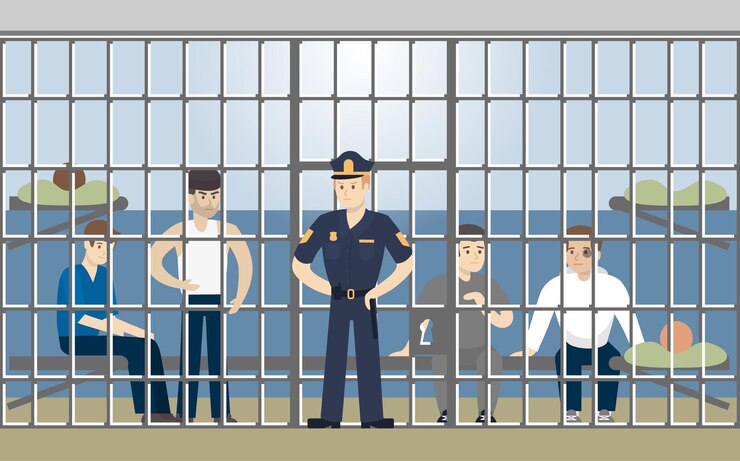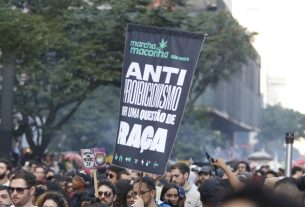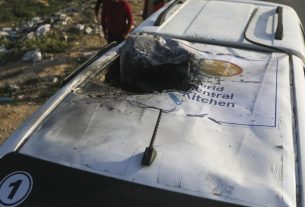Venezuela’s ongoing political unrest following the disputed July 2023 presidential election has led to continued violence and human rights violations. A recent report from the Venezuelan Prison Observatory, a rights group monitoring detainee conditions, confirmed the third in-custody death of an individual involved in the post-election protests. This tragic incident comes at a time when international pressure is mounting on President Nicolás Maduro’s government to address its crackdown on dissent, which has seen over 2,000 people—both adults and minors—detained.
The Context of Unrest and Crackdown
In the wake of the July 28 election, which saw both the ruling party and the opposition claiming victory, widespread protests erupted across Venezuela. These demonstrations, driven by allegations of electoral fraud and claims of a rigged system, led to a violent government response. At least 24 individuals were killed in the unrest, with human rights organizations accusing state security forces of being involved in some of the deaths.
The political crisis deepened when opposition candidate Edmundo González, who was recognized by several international actors, including the United States and the European Union, as the rightful winner of the election, published tally sheets showing that he had won by a two-to-one margin. This further fueled public outrage. González, a former diplomat, fled the country for exile in Spain after an arrest warrant was issued against him in connection with the release of the election tally sheets.
Deaths in Custody and Human Rights Concerns
The latest death, reported by the Venezuelan Prison Observatory, concerns a 43-year-old man detained during the unrest in August. The man, who had been held in a detention facility for over four months, was reportedly hospitalized in December with severe abdominal pain. The prison authorities initially diagnosed the issue as “kidney colic,” but family members and the rights group raised concerns over delays in medical treatment and lack of transparency regarding his condition. Tragically, the man passed away in custody.
His death marks the third such incident among those detained during the post-election violence, raising alarms about the conditions faced by prisoners. The man’s son, who was arrested alongside him, remains in custody. Human rights advocates are calling for accountability and transparency in the handling of these cases, as well as for urgent reforms to prevent further deaths in detention.
Government Response and International Scrutiny
Venezuelan Attorney General Tarek William Saab announced that his office had sought the release of roughly a quarter of those detained during the unrest, with 533 cases under review. While some of these detainees have been granted release orders, it is unclear how many of these orders have been executed. This legal process has not been without controversy, as the Venezuelan opposition and international bodies, including the United States, the European Union, and other Latin American governments, have demanded greater transparency in the handling of detainees and investigations into human rights abuses.
The Venezuelan government has yet to fully address the deaths in custody, and with rising international criticism, including calls for investigations from human rights organizations, the pressure is mounting on Maduro’s administration. Amnesty International and other groups have condemned the government’s actions, calling them part of a broader strategy to silence political dissent and curb opposition to the regime.
Moving Forward: Urgent Need for Accountability
As Venezuela faces increasing isolation and condemnation from the international community, the need for reform is becoming more urgent. Human rights organizations are demanding that the government not only investigate the deaths of detainees but also improve prison conditions and allow independent oversight of its detention facilities. Additionally, calls for a more transparent electoral process persist, as the legitimacy of the government continues to be questioned both at home and abroad.
The situation in Venezuela remains volatile, and the tragic deaths of detainees highlight the harsh realities faced by many in the country. For many, the path forward will require political and social reconciliation, alongside a commitment to human rights and accountability. The international community’s continued focus on Venezuela may be the catalyst needed to bring about the changes required to restore trust and dignity to the nation’s political and legal systems.
Image by vector4stock on Freepik


